Schedule a FREE Home or Business Evaluation Today!
Learn how you can

Save with Atlas

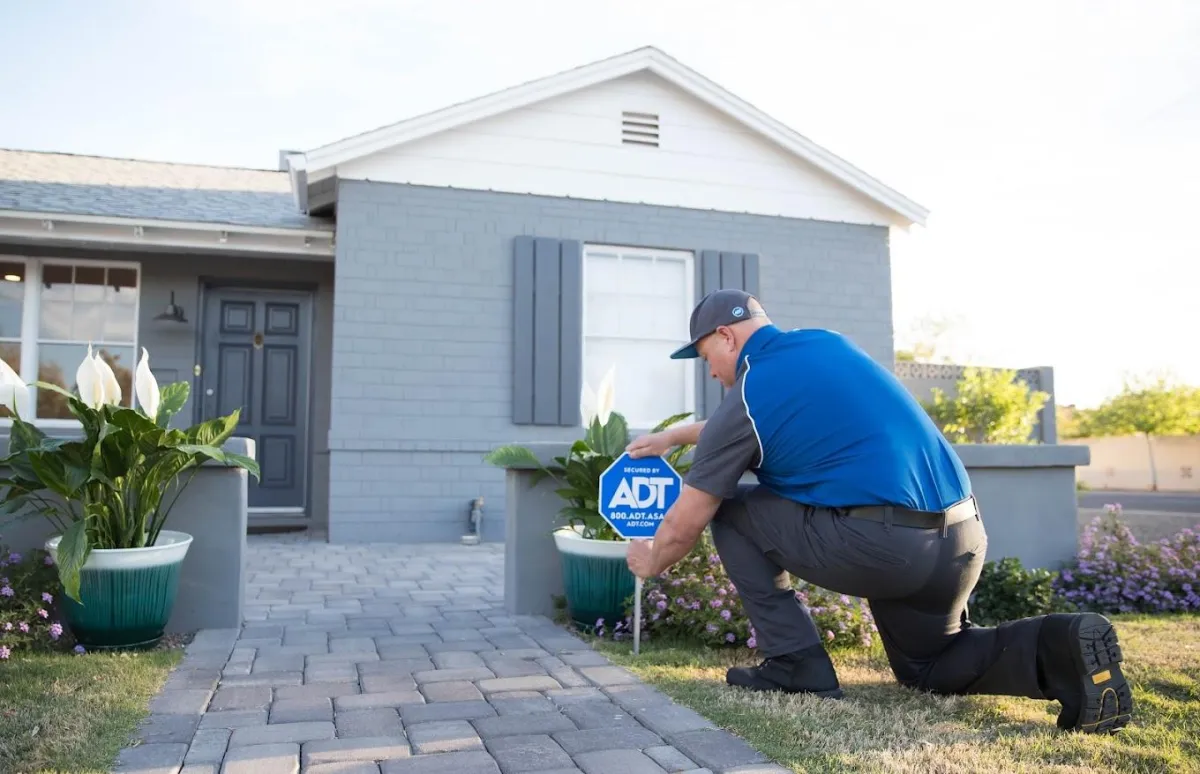
Home Improvement
Atlas is a General Contractor. Our contractors have more than 50 years in total experience in the construction industry. We can do something simple as installing a shower door or something more complicated like adding an addition.

Home Security
Atlas is an Authorize ADT provider through Safe Streets. We are backed by nearly 150 years of experience. ADT can help you customize the best home security system to meet your safety needs.
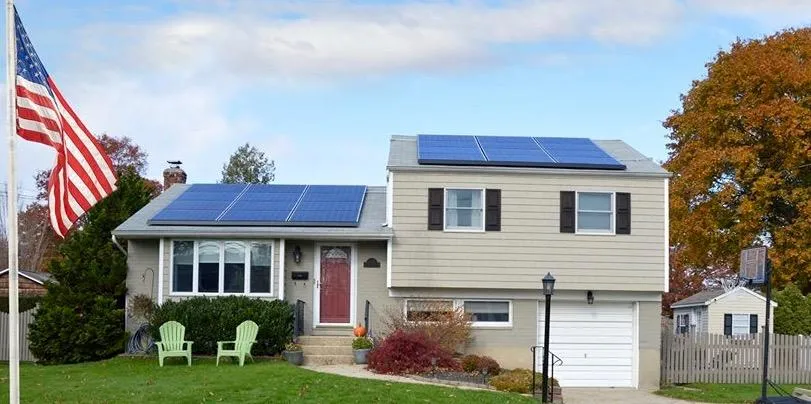
Residential & Commercial Solar
Private rooftop solar systems can decrease the amount of your monthly energy bill, and compensate for your excess solar energy with solutions from Atlas.

Business LED Lighting
Illuminate your workspace and elevate efficiency with our business LED lighting-as-a-service. Our comprehensive solution offers energy-efficient lighting systems tailored to your specific needs, reducing operational costs and creating a brighter, more sustainable work environment.
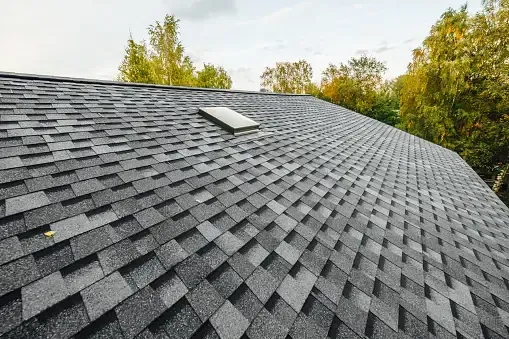
Residential & Commercial Roofing
Our team has years of experience repairing and replacing roofs for both residential and commercial properties along with a reputation for great customer service—a top-tier combination.
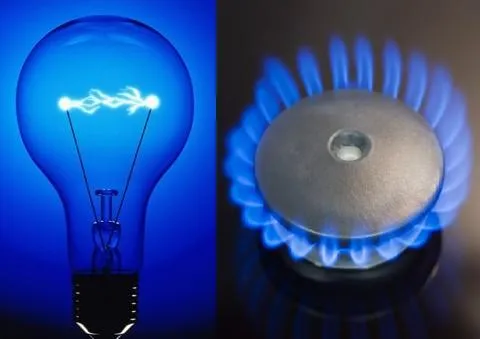
Business Energy Services
Did you know you can save money on your electricity and gas by changing your energy supplier? Energy deregulation empowers customers by offering them the freedom to choose their energy provider, leading to potential savings. In states where deregulation has been implemented, residential electricity prices have decreased by up to 10% compared to regulated markets, offering customers more control over their energy bills.
FAQ
How effective is the security system in preventing break-ins or intrusions?
The effectiveness of a security system in preventing break-ins or intrusions depends on various factors, including the quality of the system, its components, and how it's installed and maintained. A well-designed system with features like alarms, surveillance cameras, motion sensors, and smart locks can serve as strong deterrents and provide timely alerts to authorities or homeowners. However, no security system is foolproof, and its effectiveness also relies on factors like proper usage, response time, and potential vulnerabilities that intruders might exploit.
Something as always better than nothing
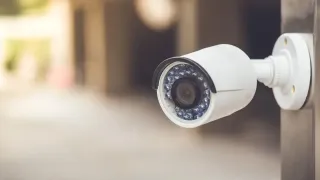
What is the payback period for a solar panel installation?
The payback period for a solar panel system depends on various factors such as the initial installation cost, local sunlight conditions, available incentives, and energy savings. On average, residential solar systems in the United States have a payback period ranging from 5 to 10 years. However, this timeframe can vary, and many homeowners experience a positive return on investment sooner, especially with the decreasing cost of solar technology and available financial incentives.
For the most accurate and up-to-date information on payback periods and solar incentives, it is recommended to consult with one of our solar consultants that consider specific details of your location and energy usage.

How can LED lighting benefit my business?
LED lighting can significantly benefit your business by providing energy-efficient illumination, leading to substantial cost savings on electricity bills. Beyond economic advantages, LEDs have a longer lifespan, require less maintenance, and offer customizable options, creating a well-lit and adaptable workspace that enhances employee productivity and contributes to your company's sustainability goals.
For the latest and most precise details regarding payback periods and effectiveness of LED lighting in business settings, we suggest consulting with one of our solar consultants who will take into account the specific details of your location.

How often should I replace my roof, and what factors contribute to its lifespan?
The frequency of roof replacement depends on several factors, including the type of roofing material, local weather conditions, and the quality of the initial installation. On average, asphalt shingle roofs, one of the most common types, last about 20-30 years.
Metal roofs can last 40-70 years, while tile or slate roofs can have a lifespan of 50-100 years. Several factors can influence the longevity of your roof, including proper installation, ventilation, exposure to extreme weather conditions, and routine maintenance. Regular inspections by roofing professionals can help identify issues early on and extend the life of your roof.
It's important to note that these are general estimates, and individual cases may vary. To determine the specific lifespan of your roof and whether it needs replacement, it's recommended to consult with one of our roofing professional who can assess the condition of your roof and provide tailored advice.
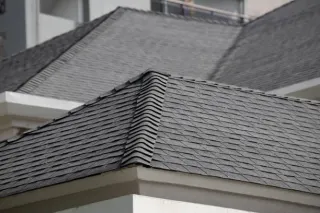
What is energy deregulation?
Energy deregulation refers to the removal of government regulations and monopoly control over the energy industry, particularly electricity and gas markets. This process allows multiple energy suppliers to enter the market and compete for customers, which can lead to more competitive rates and services. Consumers in deregulated markets can choose their energy supplier, though the local utility still maintains the infrastructure and delivers the energy.

